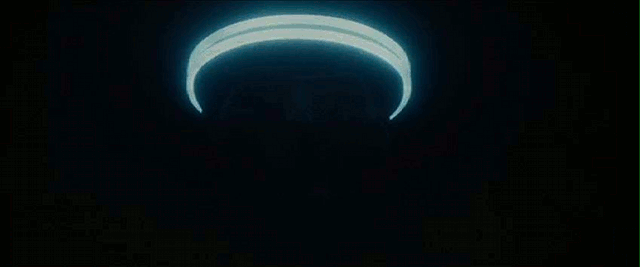Full paper: https://www.biorxiv.org/content/10.1101/2022.11.18.517004v2.full.pdf

The top row of images was presented to the test subjects. Stable Diffusion constructed the bottom images from MRI data of the subjects' brain activity.
The future will be wild.

The top row of images was presented to the test subjects. Stable Diffusion constructed the bottom images from MRI data of the subjects' brain activity.
The future will be wild.





